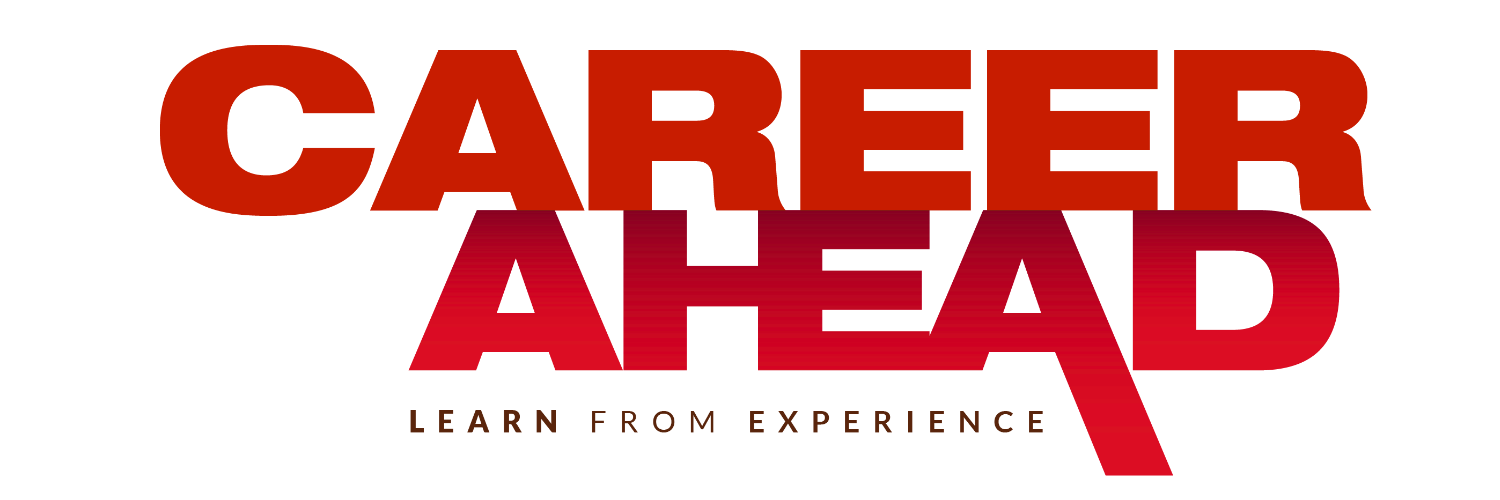No products in the cart.
Empowerment as a Way of Growth
Are you a good leader? I think that’s a question many CEOs, Managers, Team- and Project-Leaders ask themselves. Well, it’s not an easy question to answer. I have been working for many years with different hierarchical levels – from CEOs to Team Leaders, Project Leaders and even with staff positions who are assuming indirect leadership roles – and one thing I have observed repeatedly is that many leaders don’t recognize the power of Empowerment and the possibilities of growth that lie behind it.
Exercising very tight control over people can also lead to the temptation to take complete control. In today’s environment, however, implementing a restrictive grip on people may not be the best way to grow.
In the process of empowering your organization, you must consider many factors: people, process and structures, company culture (vision, values, mission, the history, and the identity of the organization), the organization’s goals and the decision power of each key person. For this, you need an employee-driven innovation strategy, such a strategy enables your organization to develop the power and the potential of your people. And that can be done anywhere, anytime. An important part of this process is a top-down commitment to develop the culture of the company.
Now let’s talk about the steps of this complex process. In this process one of the most difficult steps is to build a strong and trusting relationship between the leader and his team. Why is that so important? Because trust is the basis of success in every work environment. Only by working in an environment of trust is it possible to develop a person’s potential to the fullest. Decision-making is one of the most complex qualities to acquire in the business world, and to make decisions you need to have the trust and support of your leaders and your team (otherwise making decisions can turn into a nightmare).
So, how can I increase trust in my organization? Take the time to talk with your colleagues and try to understand what drives them, take their recommendations seriously and value them. Mutual respect as well as clear and consistent communication are great ways to build trust. A value-based and human-oriented company is much more successful in the long term, and employees tend to be more loyal. Two additional points that are very important are empathy and acceptance. I refer to this aspect described here as the ‘the human factor’.
Now what about process and structure? Well, these factors are what allow you to make your organization more intelligent, being a ‘learning organization’ is a key part of this. Try to make your organization work more independently, and this is possible when your processes reach a level of maturity that allows you to generate continuous improvements in which all members of your organization can actively participate. Once you reach this level, the organization is in ‘KAIZEN’ mode, this allows all members of the organization to gain more security and provides them optimal conditions to carry out their work in an environment of learning and continuous growth.
Consider that not every ‘change’ or organizational development is suitable for all organizations, it is necessary to understand the culture of the company. Having a clear image about the company culture as well as its past, helps you take the right decisions on this path. By getting familiar with the company culture, you will be able to determine with more accuracy what its members need and will be able to work with more self-responsibility and with greater power of decision. Think about how the company has been run so far and what impact the new conditions and expectations have on its members. Clarifying expectations will help you and your team get better results. In the same way, clarifying the role of each member and marking clear responsibilities will make your team a more effective group with better confidence. These aspects will help you in turn to give more guidance and strengthen the goals of your organization. Generate expectations and create roles that can help you achieve the vision of the company and can help your team to do their best around this vision.
Considering these aspects, you can achieve, step by step, the empowerment of your team and at the same time increase the continuous growth of your organization. It is important to be patient and to take the necessary time to listen to your team. Empowerment as a way of growth is more like a marathon than a sprint, so take your time!











